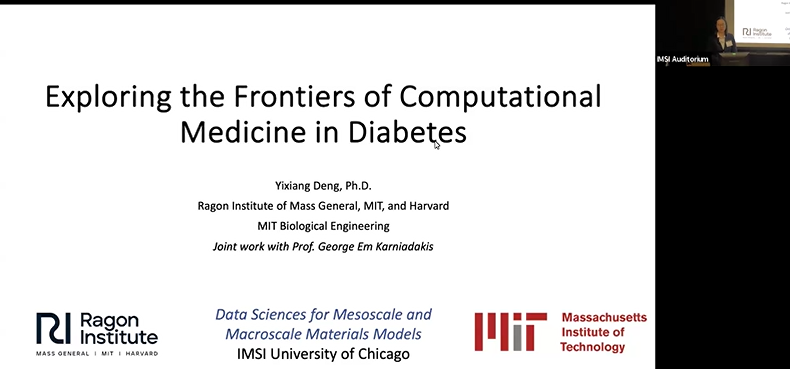Abstract
Computational models have greatly improved how we understand complex biological systems. Yet, the variety of these systems prohibits a one-size-fits-all solution. Hence, to effectively tackle the specific challenges posed by varying contexts within computational medicine, we must tailor our computational strategies whether they be data-driven, knowledge-driven, or a hybrid approach integrating the two.
In this talk, I will dissect the unique strengths and situational superiority of each modeling paradigm in computational medicine. First, I will show how to provide accurate predictions and distill novel biological knowledge using data-driven models. Next, I will demonstrate how to validate observed disease-mediated changes in blood rheology via knowledge-driven models. Finally, I will also discuss patient-specific decision-making enabled by a hybrid model.
